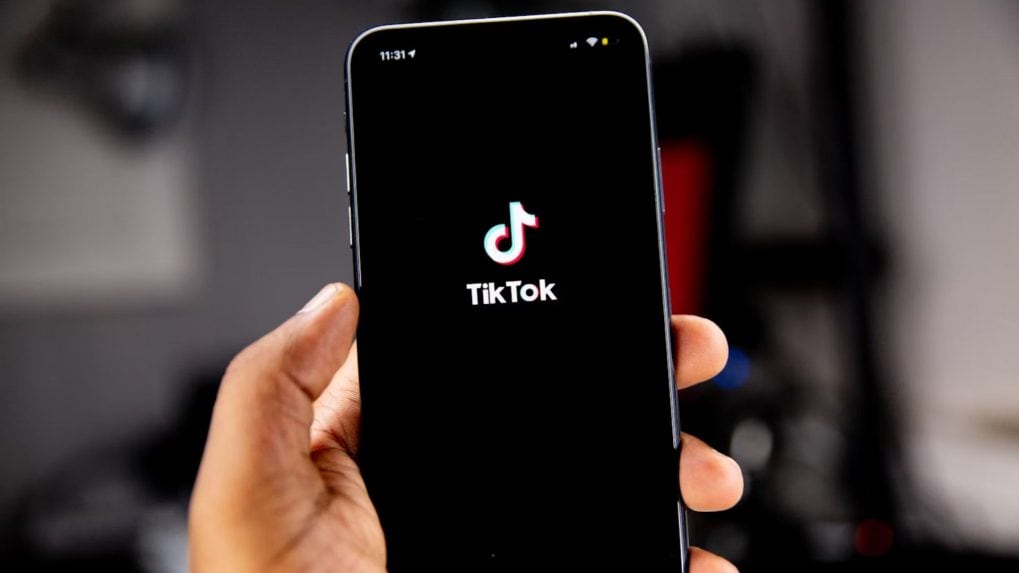TikTok tweaks guidelines with new rules for LIVE creators, AI content, and more
The revisions come as social media giants face increasing regulatory scrutiny under laws like the EU's Digital Services Act (DSA), the UK's Online Safety Act (OSA), and the US TAKE IT DOWN Act.
ADVERTISEMENT
TikTok is rolling out an updated version of its Community Guidelines on September 13, 2025, introducing revisions that reshape how creators, brands, and users interact on the short-video platform.
While much of the document has been rewritten for simplicity, the changes reflect TikTok's growing focus on its e-commerce ambitions, personalization tools, and AI-driven content policies.
Read More: TikTok launches 'Footnotes' fact-checking feature in the US to curb misinformation
A key addition highlights TikTok's stance on commercial content. The platform now states that creators must disclose commercial partnerships. Moreover, it warns that any content directing users to purchase products outside TikTok will see its visibility reduced in regions where TikTok Shop is operational - signalling the company's strong push to keep transactions within its ecosystem.
Accountability for TikTok LIVE
Creators hosting TikTok LIVE sessions face stricter responsibilities. The updated rules stress that hosts are accountable for everything that occurs during a live stream, including third-party tools like auto-translation or text-to-speech services.
If those tools generate harmful or rule-breaking content, TikTok holds the creator responsible.
Personalization runs deeper
The update reveals just how personalized TikTok's ecosystem has become. Beyond the For You feed, the platform now customizes search results and comment sections.
Search results will adapt to a user's past searches and viewing habits, while comments will be ordered based on signals such as replies, likes, and reports - meaning no two users may see the same conversation thread.
Evolving AI rules
While TikTok's stance on AI-generated content hasn't drastically changed, its language has been streamlined.
Instead of banning AI content that shows "fake authoritative sources" or "false endorsements," the new guidelines prohibit content "misleading about matters of public importance or harmful to individuals."
The omission of language around AI-driven endorsements raises questions about whether TikTok is leaving the door open to future, regulated uses of AI in commercial contexts.
For You feed rules dispersed
The platform also revised how it explains For You feed (FYF) eligibility. Previously, a single section listed all ineligible content. Now, those rules are scattered across different sections, making it harder to find a comprehensive overview.
Softer framing of content moderation
TikTok has tweaked its reasoning for moderating content. Earlier, it framed moderation as a way to keep the platform "safe, trustworthy, and vibrant."
The new language instead brands TikTok as a "safe, fun, and creative place for everyone."
The revisions come as social media giants face increasing regulatory scrutiny under laws like the EU's Digital Services Act (DSA), the UK's Online Safety Act (OSA), and the US TAKE IT DOWN Act.
Read More: TikTok tightens teen safety with new parental controls and account blocking
Read More: TikTok fined 530 million euros by EU privacy watchdogs over China data transfer case


